Mainstream EV adoption will occur when a typical EV costs £27,000, can achieve a real-world range of around 290 miles and can be fully recharged in just 31 minutes, according to a new global survey by Castrol and its parent company, BP.
The tipping point for the mass adoption of electric vehicles globally has long hung on significant improvements to charging times and range, as well as reducing the showroom cost of long-range EVs.
Castrol says it commissioned a market research company to interview 10,000 consumers and fleet managers in eight countries (China, India, US, UK, France, Germany, Norway and Japan).
The survey found it will be 2024 before the average global car buyer will start to consider buying an EV, with German, UK and US buyers estimating that their personal interest will not be engaged until 2025.
Although it’s rather more speculative, the car buyers surveyed have an even less encouraging view of when EVs will become the mainstream choice. The average estimated date across the eight countries was 2030, but British and Japanese motorists estimated that it would be 2033.
It is probably the huge government support and centralised planning for EVs that has convinced Chinese buyers that EVs will become mainstream in 2027. Globally, 71% of fleet managers expect most of their purchases to be electric by 2030.
The survey categorised five aspects of buying an EV – price, charge time, range, infrastructure and vehicle size/ type – and asked consumers and fleet managers to rank them in order of importance.
For consumers, price emerged as the biggest concern (38%) followed by charging time (28%) and range (20%). Although this may seem contradictory, if fast charging is easily accessed, ultimate range is not such an overriding issue.


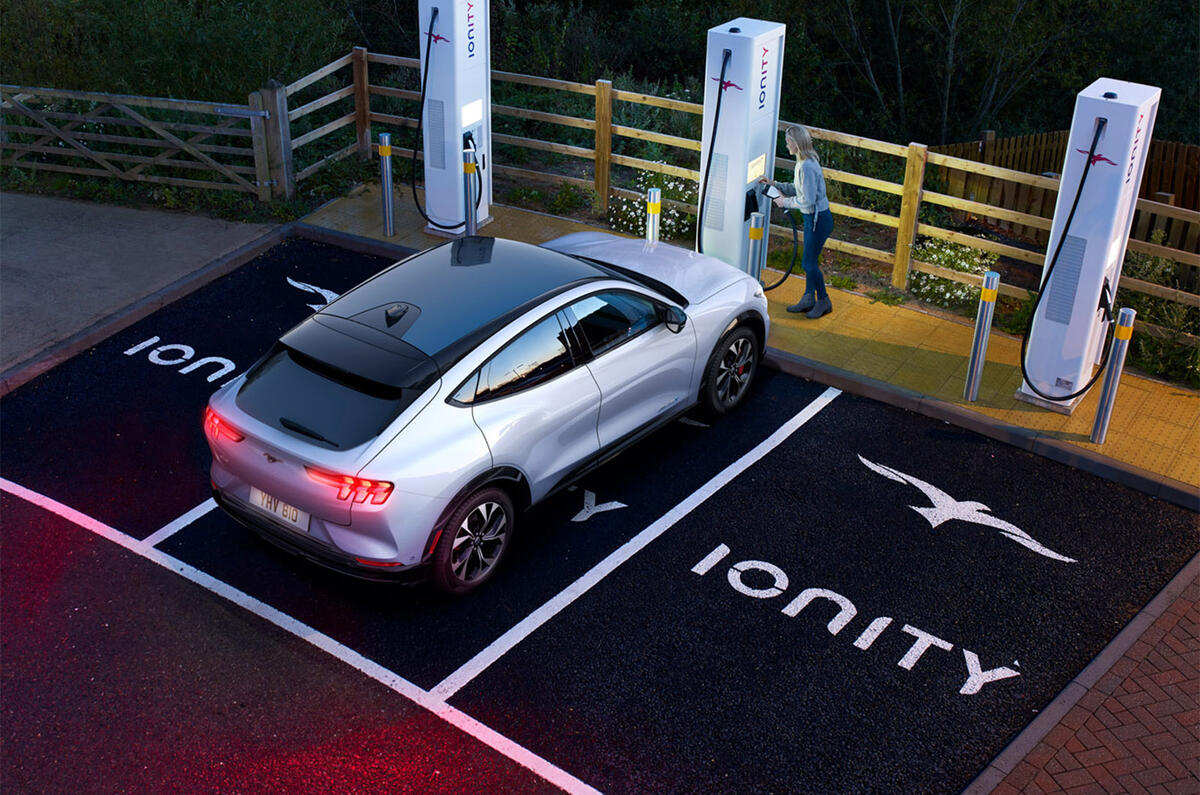
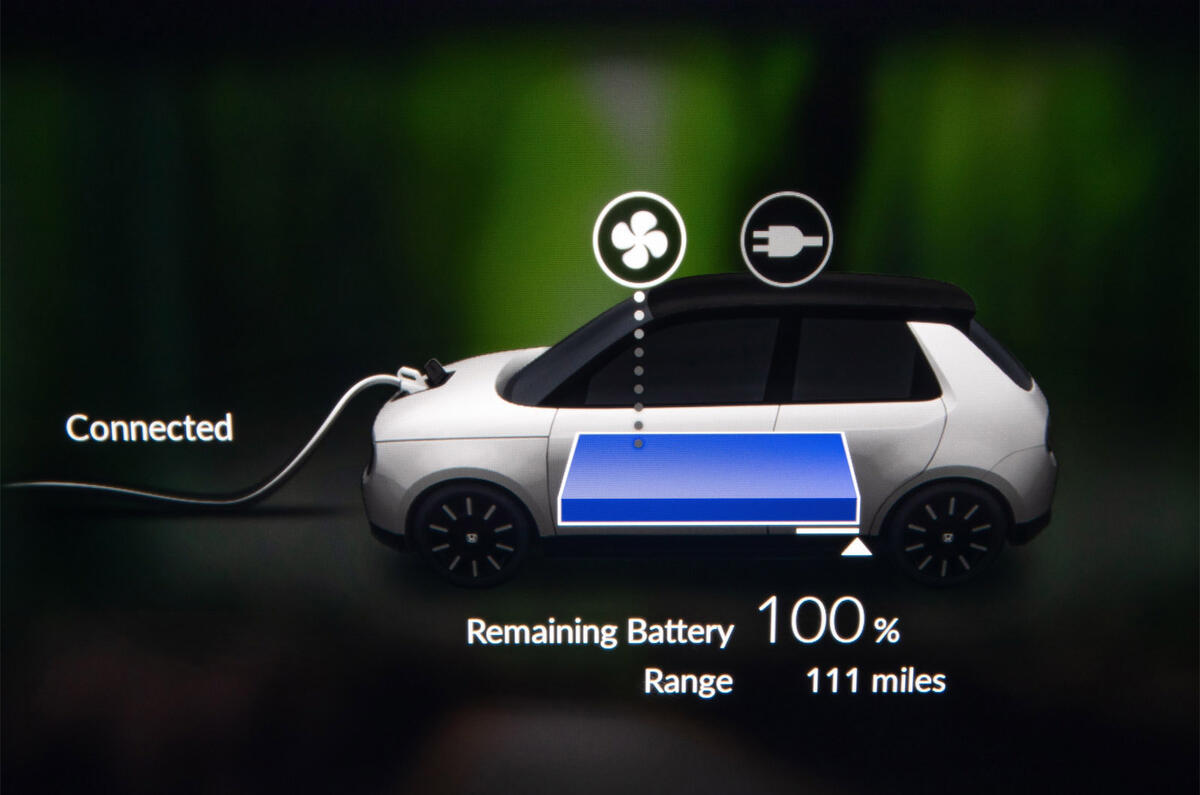
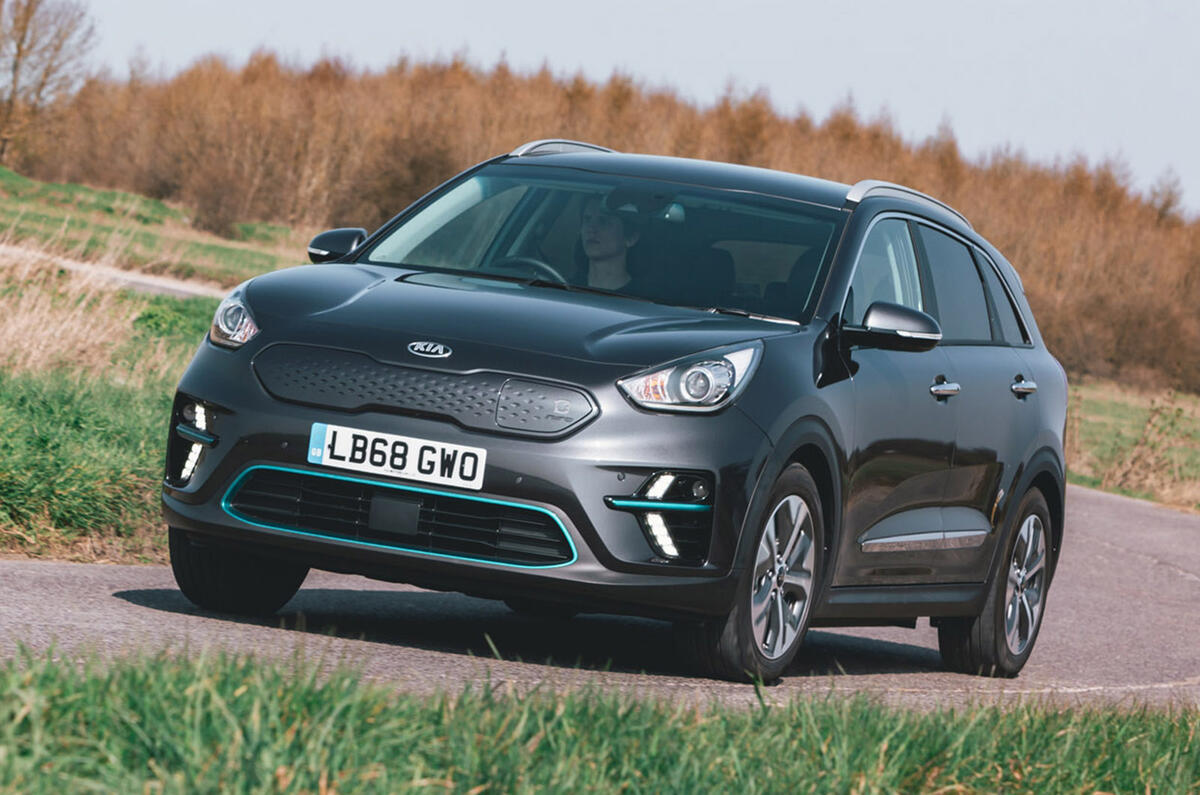
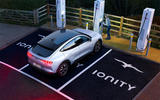
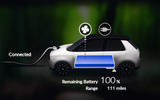
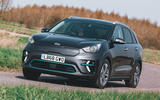



Join the debate
Add your comment
Think this survey really
The average cost of a new car is £35,000.
Most people don't buy a new car so that looks expensive.
We are probably only a few years away from a used EV that does 200-300 miles and costs around £20k.
For company car buyers the prices are already excellent using the 0% BIK rate.
Ten years ago EVs with decent range and performance were toys, 7 years ago they reached the point of price/performance parity at the £80k executive car point, 3 years ago price/performance parity was achieved at the £35k mark. ~3 years from now we will see parity at the £25k mark. ~6 years from now I think we will see a massive collapse in the number of ICE cars being sold.
I don't think this is will be pretty, cars are durable goods, if buyers can see that an ICE car will be obsolete (forbidden or charged to go places) long before its end of life some of them will simply forgo buying a new ICE car and hold on to the one they have.
It only takes a small number of buyers to do this before whole ranges, factories and companies become unprofitable.
Regarding the above was the last tape/CD player, CRT TV, phone with buttons on it you owned thrown out when it wore out or did it just go in the draw/loft and get forgotten?
EV economics
As EVs become more popular and the Govt starts to lose income from petroleum tax, fuel duty and vat on both of those taxes, they will somehow need to collect the same taxes from EV users, then bang goes the economics of EV cars. I recall being encouraged by the Govt to buy diesel cars once... ...deja vu
Re the economics
I guess this is still some way off so meantime EV users get that benefit and also less maintenance costs.
ICE vehicles have to go.
So get that EV now and enjoy the savings whilst they're there.
EVs
It's all very well going on about EVs in which everyone must buy in 2030, we still have a big problem with air pollution still going to have tens of millions of dirty trucks buses cars, etc on the road then there is the issue of disposing of millions of spent batteries .So the greens extinction rebellion Greta Thunberg and all the rest still have not given us any solutions too how to stop Forrest fires chopping down rain Forrest. I think all governments shot themselves in the foot when they jumped on the bandwagon to get rid of ICEs when they should have started first with getting rid of all cars buses trucks etc more than ten years old and helped customers move on to less polluting vehicles and I also hear that people say the range on EVs, not a problem what happens when the electric company's switch of your car charging overnight just for you to find out in the morning you can't get to work cause you don't have enough range. I am just saying there is so much to get right in helping our future generation.